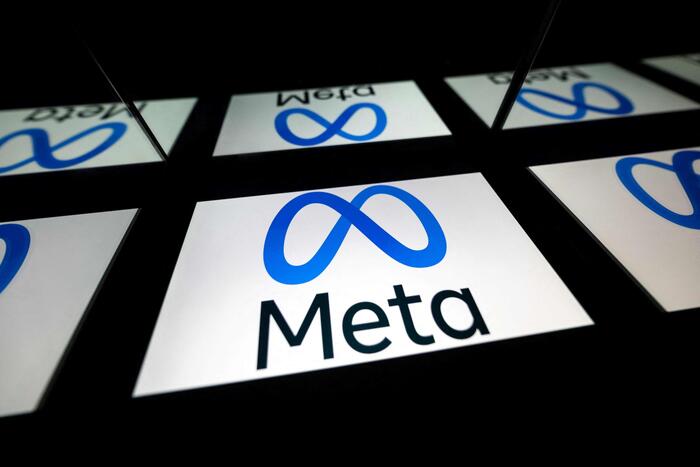Digital advertising as we know it has two years to reinvent itself. For now, advertisers use cookies to show ads to users based on their tastes. These digital cookies are files installed on the devices by external providers to analyze users' online browsing and collect the information necessary to personalize the advertising they are shown. Now, a new Google initiative puts this business model at risk. Why? The technology has set a period of two years to definitely bury cookies and fine tune your so-called privacy sandbox .
This initiative, according to Chrome's engineering director Justin Schuh, aims to improve privacy on the web from open standards, as well as respect the new data protection laws, especially in Europe and California. The new roadmap leaves programmatic algorithms out of play, capable of tracking cookies, studying consumption trends and offering personalized advertisements.
The unique identification of users when logging into a website and the traceability of advertisers are two of the most relevant objectives of the new Google privacy tool. "It is creating an ecosystem in which most of those that offer advertising spaces can lose more than half of what they enter by not being able to segment and measure the ads," says Manuel Álvarez de la Gala, digital global director of Havas.
“Right now, it is a rather dirty and opaque sector. It is quite dirty that third parties access your browsing history without even having visited its pages, ”explains Gustavo Entrala, an expert in trends, innovation and branding. Part of the jungle that it describes, in which countless companies have been installed, is known as fingerprinting . This technique collects data, the browser or the operating system, to identify users and send them advertising. “It is very dangerous because we are not aware of the extent to which they use our information. It is beneficial that Google now fights against these practices, although it is easier when you master almost three quarters of the advertising investment along with Facebook and Amazon, ”he adds.
This domain is understood with two data: 65% of users navigate on Chrome, according to Statcounter, and those of Mountain View billed 90.5 billion euros only for advertising linked to their searches. “Google has all the pieces of the puzzle. It has an advantage in this situation because it goes ahead. It is a machine to crush markets, ”says Álvarez de la Gala. The alarm has jumped by Google's plans and its undisputed leadership; but Safari and Firefox, the other two most used browsers, already banned cookies years ago, which allowed them to scratch some market share point.
The attempt to order the digital advertising market is also part of an increasingly demanding environment. Users, tired of seeing unwanted ads while browsing, choose to install blockers, which reduces the efficiency of programmatic algorithms. Lawmakers, meanwhile, have tightened privacy and data protection laws. This combination has pushed Google to move token in order to establish different rules of the game. “He does not want to be regulated, so he offers guarantees before the government annoys the business. Of course, it aims to establish a framework that is cleaner from a technological point of view and ensures the rights of users, ”says Entrala.
One of the doubts is whether its hegemony in the sector will entail a new fine of the European Union for abuse of dominant position. It accumulates three penalties worth 8,300 million euros, the last one last year. precisely because of monopolistic practices with its online advertising services by restricting other websites to advertise their competition. "The privacy sandbox is where we believe the industry is moving to develop joint plans with partners and customers from a new approach," Google sources retort.
Despite the convulsion, the digital global director of Havas, who has been working in the sector for two decades, shows some optimism. “Everything built on cookies must be disassembled. Now it is the turn of unique digital identities and traceability, without indiscriminate tracking. To measure the impact from server to server. This is a cataclysm that, in the medium and long term, will lead to another balance, ”he concludes. Google hasn't said the last word yet. It will take advantage of the two years that has been given the margin to polish with its criteria a market as essential as that of online advertising, which speaks in billions of euros and on which countless companies depend.
An open window for media advertising
The rise of digital media dealt a blow to the profitability of advertising, mainly supported by paper revenues. With the changes foreseen by Google's privacy sandbox, an opportunity opens up for them to compete in better conditions. For the purpose of indiscriminate ads, those who have the registration of their readers will have valuable information when it comes to selling advertising space. It will not be other companies that track navigation. “The media would not need to treat the audience as cattle. They will all read the news under record; and they can renegotiate their spaces, because they have more data, ”explains Sergio Maldonado, CEO of PrivacyCloud.









